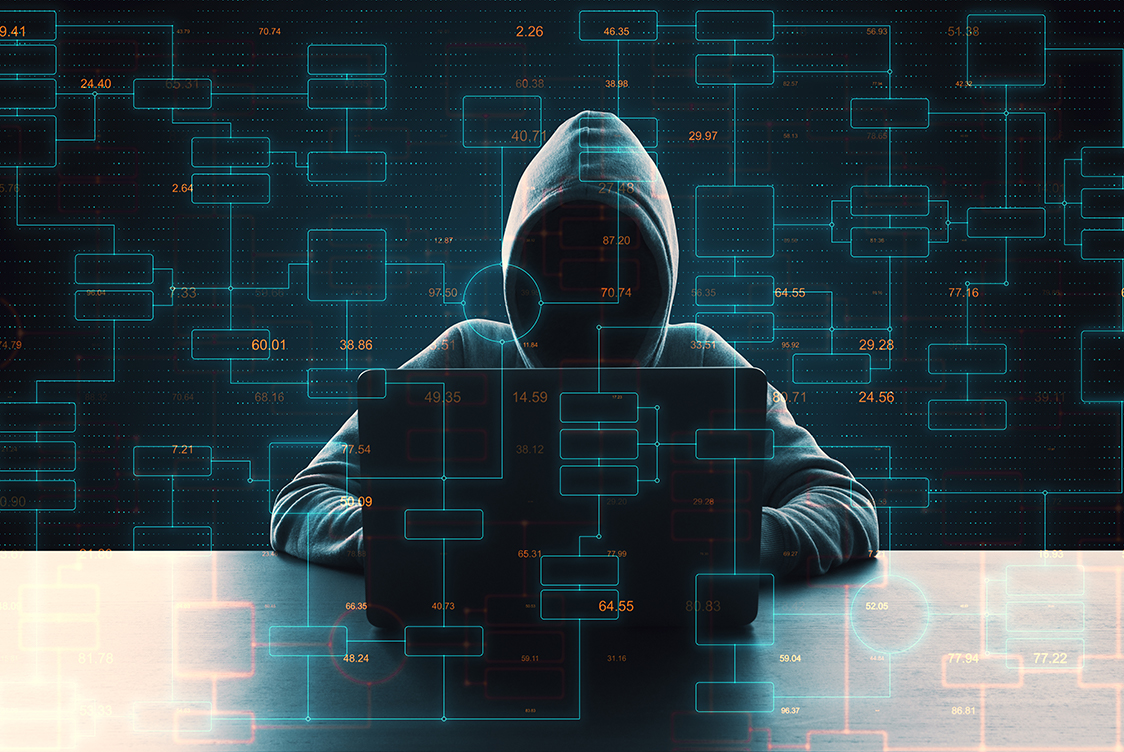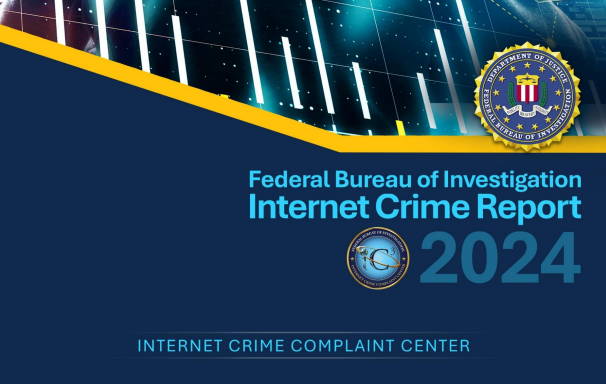FBI’s 2024 Internet Crime Report (IC3): $16.6 Billion in Fraud Losses for Individuals
- The FBI's latest report reveals a substantial increase in internet crime
- Though digital scams are popular, checks are still targeted
- Fraudsters are "equal opportunity" thieves, though elderly are heavily targetted
The FBI's Internet Crime Complaint Center (IC3) has released its latest annual report, detailing a significant increase in internet-enabled crimes in 2024. The report distills information from 859,532 complaints submitted to the FBI, with reported losses exceeding $16.6 billion - a 33% increase from 2023.
IC3 marks its 25th anniversary as a crucial platform for reporting cyber-enabled crimes, fielding over nine million complaints since its inception.
"Reporting is one of the first and most important steps in fighting crime so law enforcement can use this information to combat a variety of frauds and scams," said FBI Director, Kash Patel.
Checks Still Targeted - Even in Modern Digital Scams
The IC3 Report is focused on internet crimes, so one would think checks would not be a major target. According to the data, there were 12,876 complaints submitted categorized as "Credit Card/Check Fraud," amounting to $199,889,841 in losses. Unfortunately, the FBI does not discern between checks and credit card fraud; they list them as similar payments.
However, when we look at the different categories, we can see that check fraud might be a larger issue. There are several categories listed that potentially use checks, including:

- Employment Fraud
- Government Impersonation
- Identity Theft
- Investment Fraud
- Lottery/Sweepstakes/Inheritance Fraud
- Overpayment
- Real Estate Fraud
Additionally, this is just a snapshot of what is occurring -- as these are only complaints reported to FBI. There are millions victimized by fraud that go unreported to the FBI or at all.
Protecting Consumers from Check Fraud

Fraudsters do not discriminate and will target anyone -- businesses, charities, and individuals alike. We've seen efforts from individual banks and even the ABA with their "Practice Safe Checks" campaign to bring awareness to the growing check fraud problem.
But, is this enough?
The answer, unfortunately, is "no." Even the most diligent individual can fall victim to a scam and check fraud. Banks need to take the initiative to protect their consumers on the back-end.
This includes:
- Training front line staff
- Deployment of a diverse set of check fraud detection technologies, including image forensic AI
- Work with local and federal law enforcement
In order for the U.S. to make an impact on check fraud, a coordinated effort is required.
